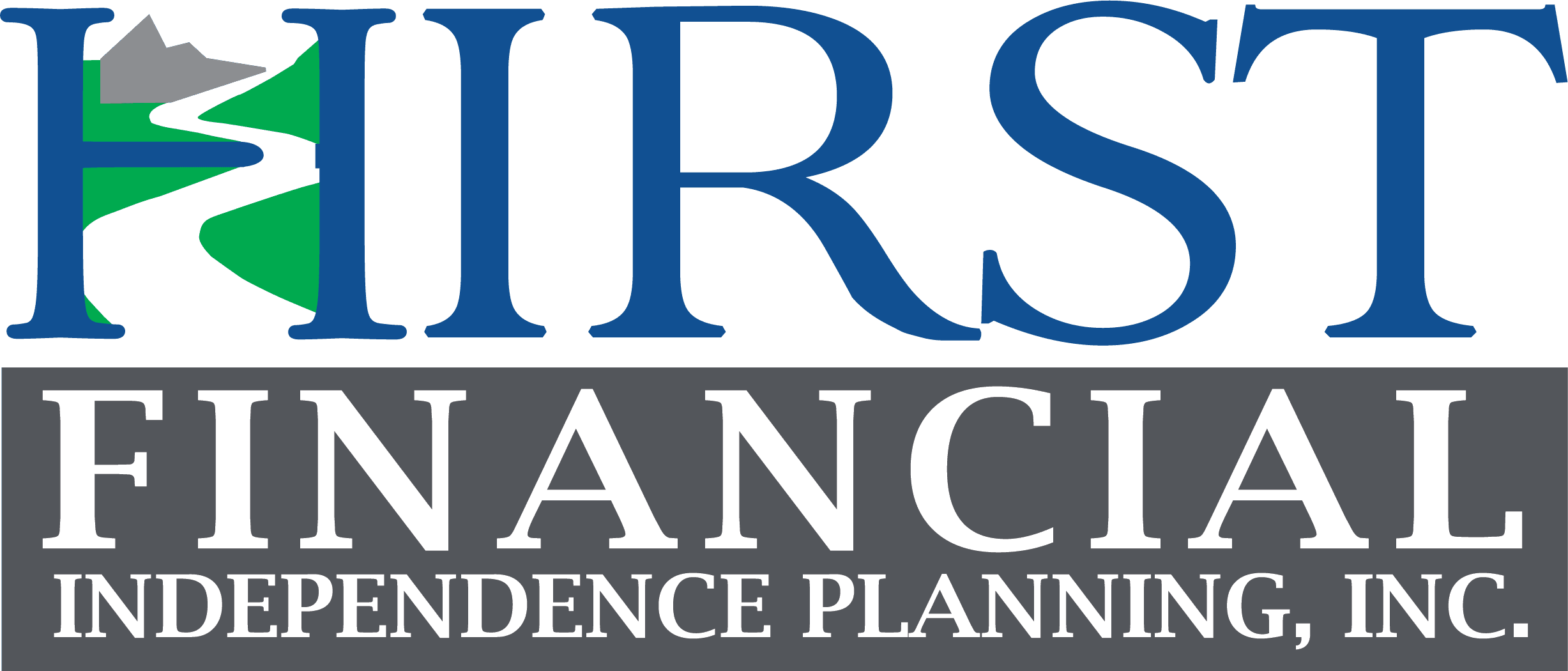Published by Ron Carson
The U.K.’s dramatic vote to leave the EU was a powerful signal to every business leader: If you are not providing value beyond a doubt, you’re in trouble. The EU failed to make its value clear to the 52% of British voters who cast their vote in the referendum. As a result, the U.K.’s membership in the EU is history, and the union is at risk of losing other members, as well.
In today’s increasingly accountable world, it’s not just governments that need to be willing to stand up and be counted. Businesses need to be ready for their customers, employees and other stakeholders to assess them just as candidly, as Scott Ford and I discussed in our recent book The Sustainable Edge. Whether leaders realize it or not, every one of their constituents is keeping score of how they’re doing compared to the disruptors in their industry. If a company is not bringing valuable innovation and a great experience to everyone it touches, it is eventually going to be sidelined. And as we just saw with the EU, stakeholders may vote with their feet very quickly and decisively.
To deliver value beyond a doubt, CEOs must take a cue from what entrepreneur and author Salim Ismail calls “exponential organizations”—those that are 10x better, faster and cheaper. Companies don’t necessarily need to lead their industry the way these 10x organizations do to survive, but they do need to be “fast followers,” as members of my Young Presidents’ Organization group recently put it. Every company needs to keep pace with innovation that is gaining traction in the marketplace and figure out how to adapt to it quickly.
Of course, in a field like my own—wealth management—it can be difficult and costly to keep up. My solution is to limit our company’s focus on innovation. There are four areas where we’re trying to improve all the time: client acquisition, client retention, advisor productivity and the client experience. As a result, we’ve put a lot of time, effort and cash into developing the Client Experience Optimizer, a digital dashboard that gives clients access to their account information from anywhere and instantly allows them to take stock of how well we are managing their wealth. It is an adaptation of several disruptive technologies that others pioneered. However, if an innovation doesn’t fall into one of our key buckets, we take a pass on it so we don’t get distracted.
As the leaders of the EU found, it’s more important than ever for organizations to listen to their constituents and not just assume they know what stakeholders want. To that end, our firm recently organized a Millennial Advisory Council. We expected the millennials who participated to tell us they wanted “robosolutions,” given that they have been early adopters of wealth management technology. To our surprise they said what they really wanted was advice. As we discovered, they value their time above all else and want to know that their wealth manager is being proactive, so they can focus on the things that matter most to them. As a result of our recent meeting, we’re working on creating the sort of integrated experience they value.
Many companies and organizations are going to be blindsided by change in the immediate future, just like the EU. Leaders have a choice—to listen to the market and adapt to what it wants—or become irrelevant. The time to decide how you will respond is now.

